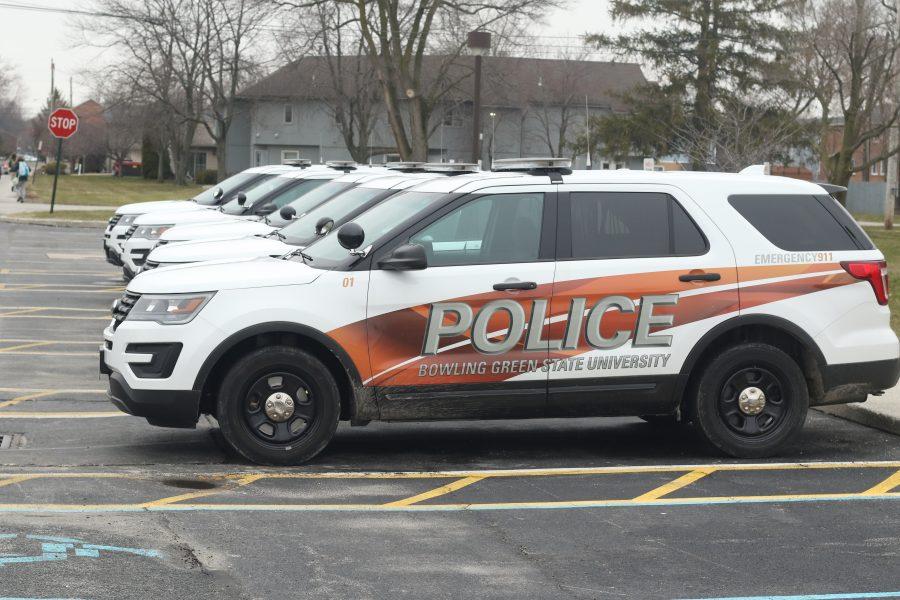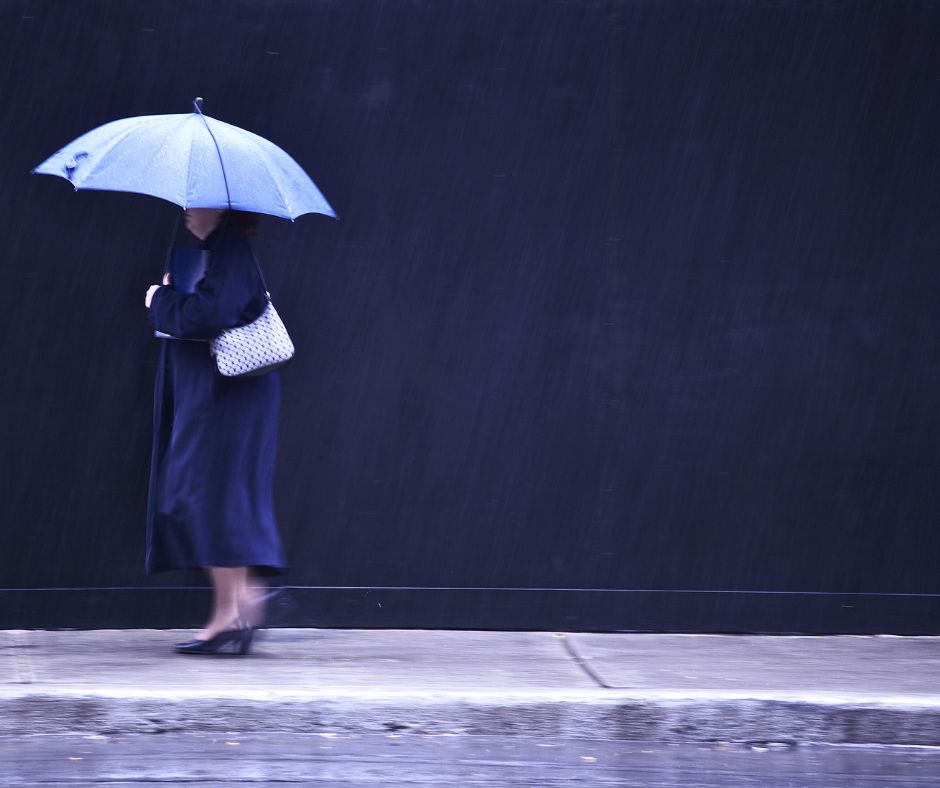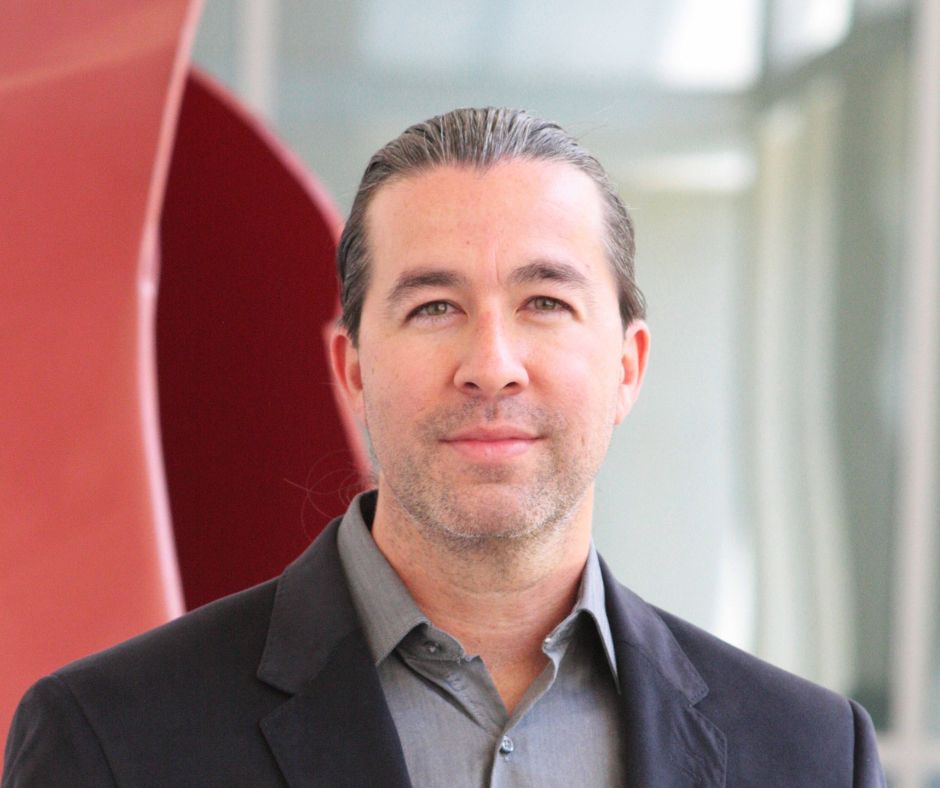For Denise Kisabeth, retiring from WBGU-TV seems like the right thing to do.
The economy is down, the University’s financial incentive provides a little cushion and maybe she can help the school out of a bind.
“I leave, maybe somebody else stays. I get to try something new,” she said. “There’s a lot of things I want to do that you can’t pick up and do when you have a full-time job.”
Kisabeth, who leaves Sept. 30 after 30 years of service, is among six employees leaving WBGU, the University-licensed television station of 18 University-funded employees.
She’s looking forward to trying something new, but she hasn’t planned that far ahead yet since she wasn’t originally going to retire in her early 50s.
With her two children away at college, Kisabeth said she’ll spend time doing whatever she wants and possibly come back to volunteer at the station, since the separation program does not allow participants to come back for 10 years.
That clause was her one beef with leaving. Kisabeth would have loved to come back and work for the University in another
capacity. Now, she has to plan her next years outside the Tucker Center for Telecommunications, where WBGU is located.
“It’s a wonderful opportunity,” she said. “It is just a new chapter of life.”
The new chapter comes via the Employee Separation Program, which allows faculty and staff with 15 or more years of service to voluntarily leave in exchange for a portion of their base salary to be paid out during a set period of time.
The University expects to save $5 million in a three to five year span after 149 employees signed up.
WBGU General Manager Patrick Fitzgerald joked he’s retiring June 30 because he flipped a coin and it came out that way. But he was actually planning to retire in the next couple of years anyway. The financial incentive piqued his interest, and he has a lot of living left to do after spending more than 37 years with the University.
“I’ve got a big bucket list, things I want to do with my life,” he said.
Fitzgerald said he might continue a career in public broadcasting if the opportunity arises, but right now he’s more concerned with what will happen to WBGU when one third of its University-funded employees retire in the next year.
He has been in talks for months to determine what projects and programs should continue and what should be canned.
“Clearly, you can’t pull six people out and do everything we did before,” Fitzgerald said. “Strategic decisions are going to be, ‘What’s not going to happen [anymore]?'”
WBGU reports directly to Chief Information Officer Kim McBroom, who said the station is re-examining its workflow to see what can be absorbed by other positions and what is essential to refill.
She said she’s already decided a vacated WBGU design position can be absorbed by Marketing and Communications.
“It is an opportunity to look at new ways of doing things,” she said.
McBroom hopes to have more concrete plans for the public broadcasting station by the end of April, but knows that may not be the case.
It’s not something that can be rushed through, she said.
Ken Borland, Senior Vice President for Academic Affairs and Provost, said because the world of communication and technology is so intertwined and interdependent, making quick decisions about WBGU’s future would be unwise.
“Where does WBGU fit into what we know as the new media? Where does public television and public broadcasting fit into the new media? How do we sustain what we’re doing? How do we move and build toward the future with a staffing move I would think is the essential question to ask,” Borland said.
Because the production staff will lose three veterans, Fitzgerald anticipates production may decrease. His biggest concern is student workers may be adversely affected with fewer hours and mentoring and training experiences.
“The less production we do, the less student opportunity,” he said.
With WBGU on the tail end of a switch to high-definition television, bringing in young, energetic minds could be the answer, said Tony Howard, WBGU producer and director. Howard will leave the University in April 2011 after he reaches his 30 years.
He said several of his friends are also taking the program, simply because it’s the right time and they have other things they want to do.
Howard is looking forward to building a deck, gardening and performing other tasks on his wife’s to-do list. He is also happy to receive his $55,000 program bonus paid out in 60 monthly payments in five-year’s time.
“The separation bonus is really a nice little cherry to go along with this,” he said. “Without sounding too plastic, it really has been a privilege to work here. I just appreciate the University has taken such good care of me.”
Regardless of whether all six WBGU employees are replaced, Fitzgerald expects big changes for the station.
“Even when you replace an organization when you lose 30 percent … there’s still significant changes that occur when you take that number. By not replacing everybody, which they won’t, you’ll have an even more dramatic change, and that’s the unknown. This place will be different a year and a half from now.”
Editor’s note: Of the 834 eligible classified staff, administrative staff and faculty, 149 employees have chosen to leave the University with the Employee Separation Program. All except eight of the 38 faculty, 33 administrative staff and 78 classified, or hourly, employees will leave by June 30. This is the first of a three-part series looking at areas affected by the program.






















